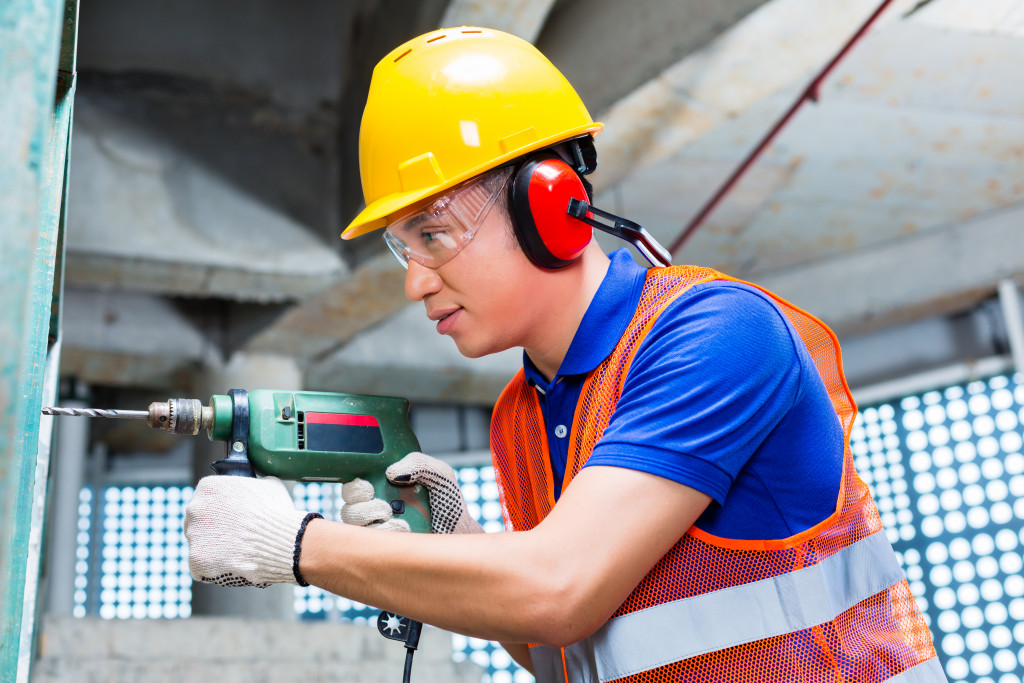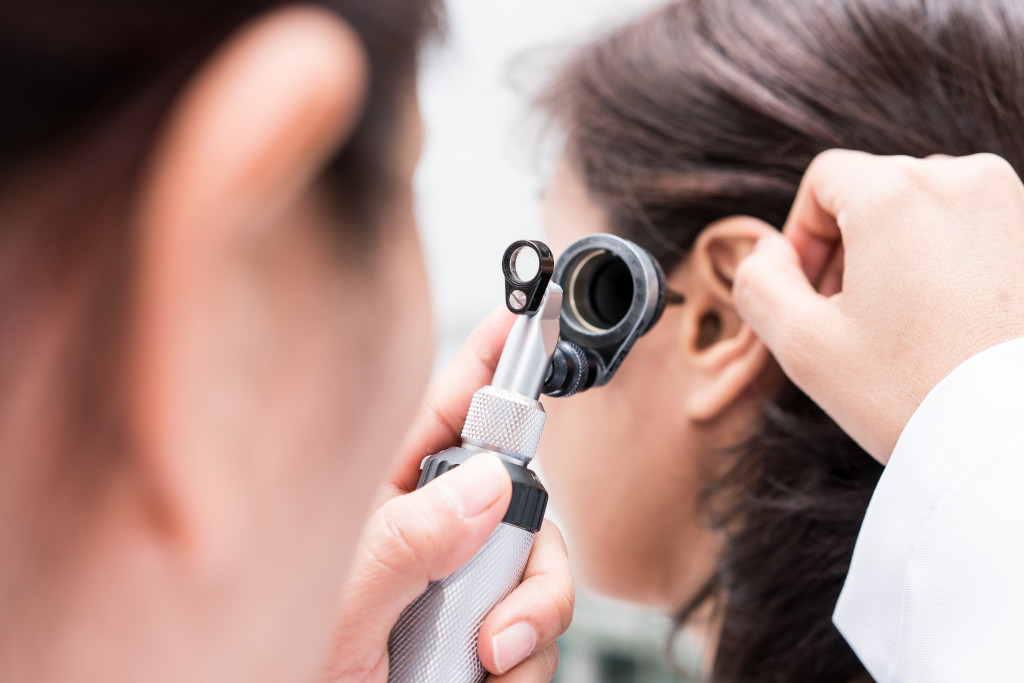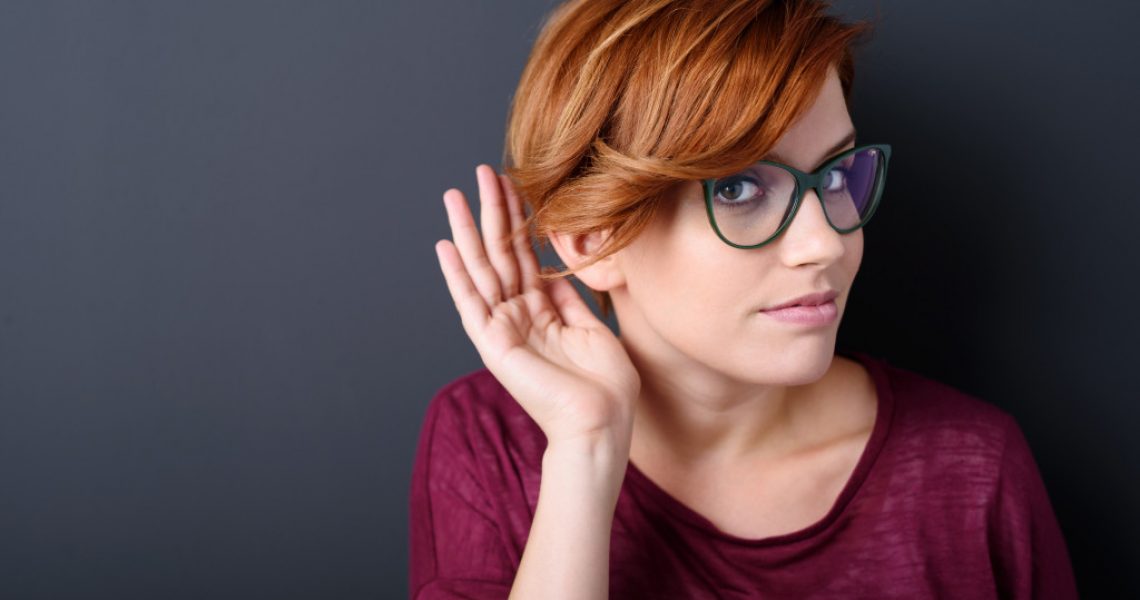- Loud noises over 85 decibels can damage hearing, so it’s essential to avoid them as much as possible.
- Hearing protection devices like earplugs, foam inserts, and headphones/earmuffs can help reduce noise-induced hearing loss.
- Cleaning our ears should be done with a warm, damp washcloth to prevent damage.
- Regular hearing exams are essential for detecting and treating any early signs of hearing loss before it becomes a serious issue.
Hearing is a precious gift, but it’s one that people often take for granted until it’s too late. What many don’t realize is that simple, everyday activities can put our hearing at risk, so it’s essential to be mindful of your habits and environment when it comes to protecting your ears. Fortunately, there are steps you can take to safeguard against hearing loss and keep your ears healthy. Here are some best practices to keep in mind.
Loud Noises Are Dangerous to Your Hearing
Exposure to loud noise can cause permanent damage to your ears. That’s because the delicate hairs in your inner ear can be damaged or destroyed by noises that are too loud. When this happens, it can cause a decrease in hearing ability—or even complete deafness.
To protect your ears, avoid loud noises as much as possible. It is also essential to know what kinds of sounds are considered harmful so that you can stay away from them. Sounds above 85 decibels (dB) are considered dangerous and should be avoided whenever possible. To put this into perspective, some familiar sources of loud noises include concerts (110 dB), power tools (100 dB), and lawnmowers (90 dB).
Of course, these numbers will vary depending on how close you are to the source of the sound, but it’s important to remember that any sound over 85 dB can cause harm if you are exposed to it for a prolonged period.

Hearing Protection Devices Can Help Protect Your Ears
When exposed to loud noises, wearing hearing protection devices can help safeguard your ears from damage. These devices reduce the intensity of sound waves entering your ear and help reduce noise-induced hearing loss. The most common types of hearing protection devices include:
Earplugs
This device helps block out background noise so that you can focus on what you’re doing without having to strain your ears. You can purchase plug-in earplugs from many drug stores or make your own using foam or other soft materials.
Foam inserts
Many use foam inserts to reduce the intensity of sound waves entering their ears. These are especially useful for musicians or concertgoers who are exposed to loud volumes of noise for extended periods.
Headphones and earmuffs
Using headphones or earmuffs is essential if you are around loud machinery or other sources of intense sound. These devices help block out noise and protect your hearing. It can also be a great physical protection since it covers your ears and prevents sharp objects or debris from entering your ear canal.
Be Careful When Cleaning Your Ears
Cleaning your ears is essential to keep them healthy, but it’s important to do so carefully. Using a cotton swab or any other object to clean your ears can damage the delicate tissues in your ear canal and cause hearing loss. The safest way to clean your ears is to use a warm, damp washcloth and gently wipe around the outside of your ears. This will help remove any dirt or wax buildup without causing harm.

Get Regular Exams
Regular hearing exams are vital in identifying signs of hearing loss before it becomes a serious problem. Early detection means earlier intervention which could prevent further damage from occurring or even reverse existing damage in some cases.
Comprehensive exams
During a comprehensive exam, an audiologist will look at your medical history and lifestyle habits to determine if there is any risk for permanent hearing loss due to exposure to loud noises or other environmental factors such as aging or genetics. This will help you create a personalized plan for protecting your hearing health.
Specialized diagnostics
Sometimes, you might hear a strange noise in your ears that doesn’t seem to go away. If this is the case, it’s important to get a specialized hearing test from a reliable tinnitus specialist. This type of test can help identify the cause of the noise and provide you with treatment options. Tinnitus is a condition that can be caused by exposure to loud noises or other medical conditions, so it’s important to get specialized help if you think you might have this condition.
Taking the steps outlined above to safeguard against hearing conditions is essential for keeping your ears healthy and hearing sharp. So, make sure to incorporate these best practices into your lifestyle and protect your hearing!

